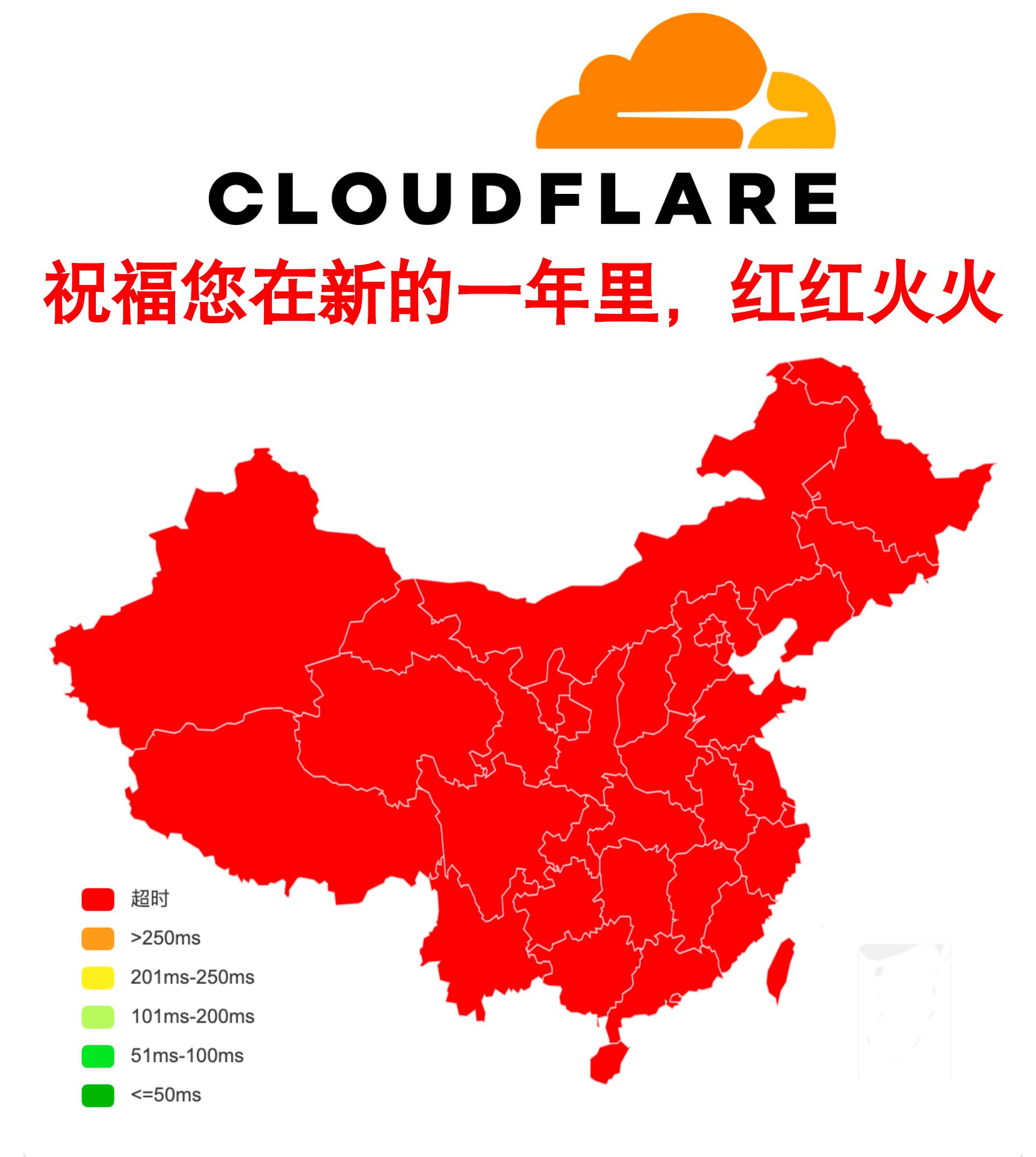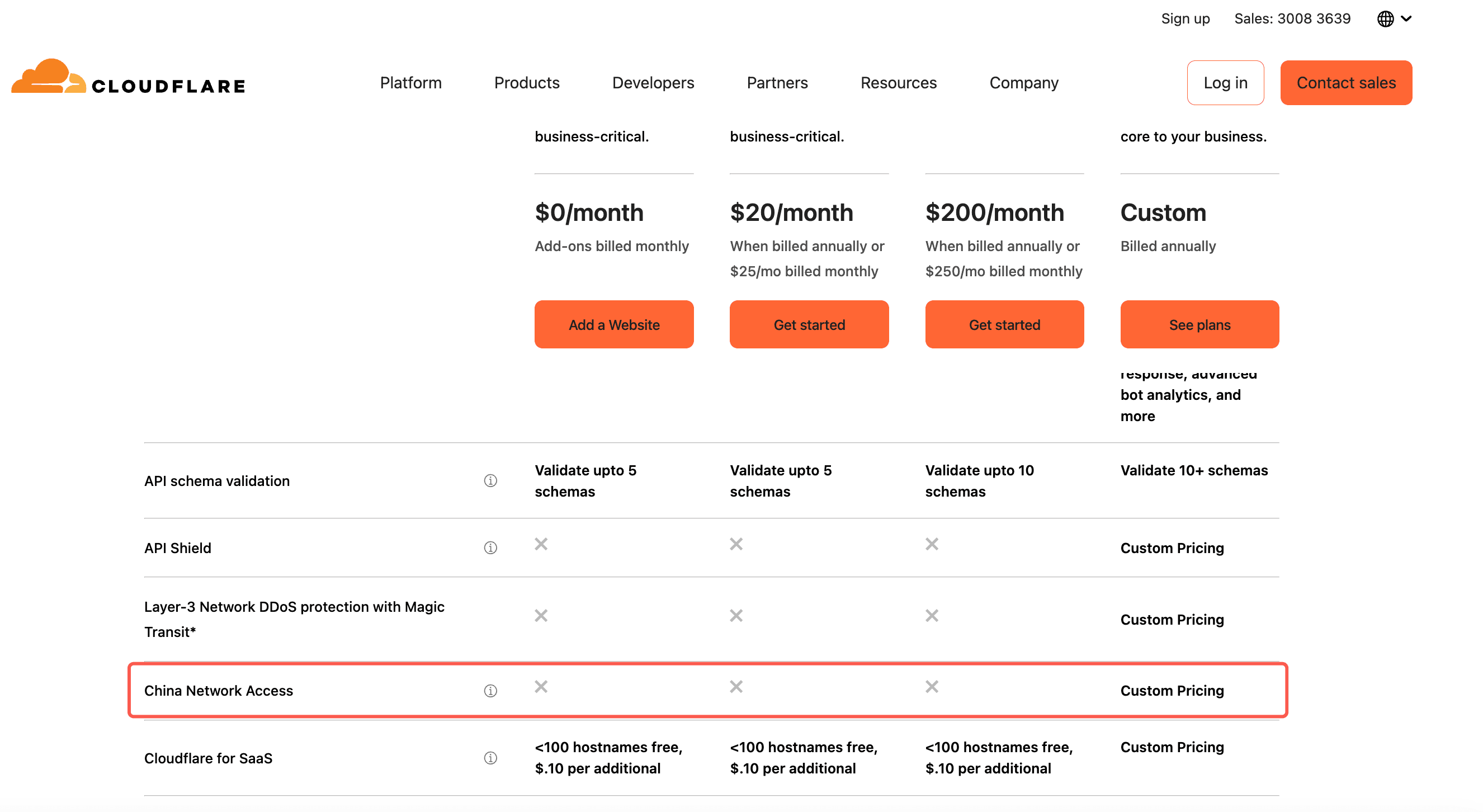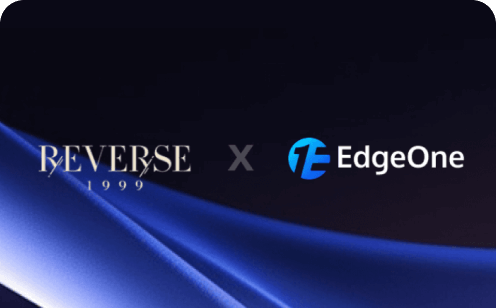Why EdgeOne's Free Plan Outshines Cloudflare in Real-World Applications
When it comes to choosing edge acceleration and security services, Cloudflare often comes to mind first.
However, as business scenarios become more varied and demands for features and performance increase, more small and medium-sized businesses, as well as individual developers, are turning to EdgeOne.
In practical applications, you'll find that seemingly "unimportant" features can actually decide whether a product meets your needs.
This article examines several typical scenarios comparing EdgeOne and Cloudflare, particularly focusing on the experiences under their free plans, to illustrate how EdgeOne stands out in real-world environments.
Scenario 1: Accelerated Access in the Asia-Pacific Region
As a provider rooted in the Asia-Pacific, EdgeOne boasts significant resource advantages in countries like Indonesia, Singapore, South Korea, Japan, and China. Take mainland China for example, you might have encountered this meme online:

Though humorous, it highlights a common issue: Cloudflare’s free plan often struggles with optimal speeds in mainland China, requiring a paid upgrade for optimized nodes in the region.

Now, let's look at EdgeOne's free plan in the same scenario:
EdgeOne’s Free Plan natively supports nodes in mainland China, providing users with stable, low-latency access without extra fees.
Scenario 2: File Uploads in Video/Creative Communities
For platforms like short video communities where users constantly upload large videos over 200MB, or designers sharing high-resolution PSD files, here's what you may encounter:
● Cloudflare Free:
The 100MB upload cap becomes a wall. Larger file uploads trigger errors like “413 Request Entity Too Large.” Creators report "uploading issues," resulting in high dropout rates. You'd expend effort drafting prompts for compressing videos or splitting files, which undermines platform usability.
● EdgeOne Free: Supports uploads up to 800MB from the client-side. Users can effortlessly upload 300MB HD videos without compression or segmentation. Designers can upload original files intact, ensuring the quality of their work.
Real Experience Comparison:
Cloudflare forces communities to compromise user experience to bypass technical limitations. Conversely, EdgeOne’s free plan offers ample room, lowering barriers for creators and enhancing platform engagement and content quality.
Scenario 3: Cache Refresh During E-Commerce Flash Sales
Imagine you're running an e-commerce site with a "flash sale" during a major shopping event, with just 500 items in stock.
● Cloudflare Free:
You set your cache TTL as low as possible, yet it remains 2 hours. Ten minutes after starting, while stocks deplete, users still see "in stock." They encounter "out of stock" at checkout, sparking complaints and negative discussion on social media.
● EdgeOne Free:
Cache TTL is set to 1 second. Once the sale kicks off, inventory refreshes each second. Users see stock updates in real-time, even instantly "sold out" as stock hits zero, greatly relieving backend stress and preventing crashes during high traffic.
Real Experience Comparison:
In high-concurrency scenarios, Cloudflare’s free version forces e-commerce teams to perform extra cache cleanups and workarounds, whereas EdgeOne’s free plan supports second-level cache refreshing, making it readily accessible, minimizing complaints and losses.
Scenario 4: Compliance in Finance and Government
Managing a bank’s website or a government platform means facing strict regulatory requirements:
● Custom SSL for internal PKI management
● Wildcard certificates supporting multiple subdomain services
● Certificate chain trustworthiness and access security
SSL Certificate Comparison:
● Cloudflare Free:
Offers Let's Encrypt-based certificates with limitations:
- No wildcard support: can’t provide wildcard certificates for domains like *.example.com; requires separate certifications per subdomain
- Blocked CRL risk: Network restrictions may block Let's Encrypt’s certificate revocation list (CRL), causing "not secure" browser warnings, affecting user experience
- No custom certificate import: Businesses can't use their own PKI-issued certificates, falling short of internal security requirements
● EdgeOne Free:
- Provides wide SSL certificate flexibility: Dual certificate options: Users can upload custom certificates or use free TrustAsia certificates, offering greater freedom
- Full wildcard support: TrustAsia certificates natively support wildcards, covering all subdomain services with one certificate
- Stable certificate chain: TrustAsia’s local CA presence offers better reachability and stability, preventing CRL access issues
Privacy and Security Assurance
EdgeOne’s certificate strategy not only solves technical compliance but also assures visitor privacy and security:
● Avoids "not secure" warnings: Utilizes stable certificates, preventing browser warnings
● End-to-end encryption: Supports full HTTPS encryption from client to edge node and edge node to origin server
Real Experience Comparison:
In finance, government, and other sectors, Cloudflare’s free certificates impose compliance risks and user experience issues. EdgeOne's free version excels with robust certificate management that meets SSL requirements and ensures secure, stable visitor experiences, offering a “ready-to-use” certificate solution.
Conclusion
Though spec comparisons may not instantly highlight differences, applied in real business scenarios, you'll notice:
● E-commerce: Cloudflare leaves outdated inventory visible; EdgeOne ensures real-time updates.
● Video Communities: Cloudflare interrupts uploads; EdgeOne empowers creators.
● SaaS International Expansion: Chinese users face Cloudflare difficulties; EdgeOne guarantees low-latency.
● Finance/Government: Cloudflare struggles with compliance; EdgeOne fully supports it.
● Startups: Cloudflare entails extra costs; EdgeOne delivers for free.
In essence, EdgeOne’s free plan isn’t just feature-rich, but truly "usable" in practical business applications.

